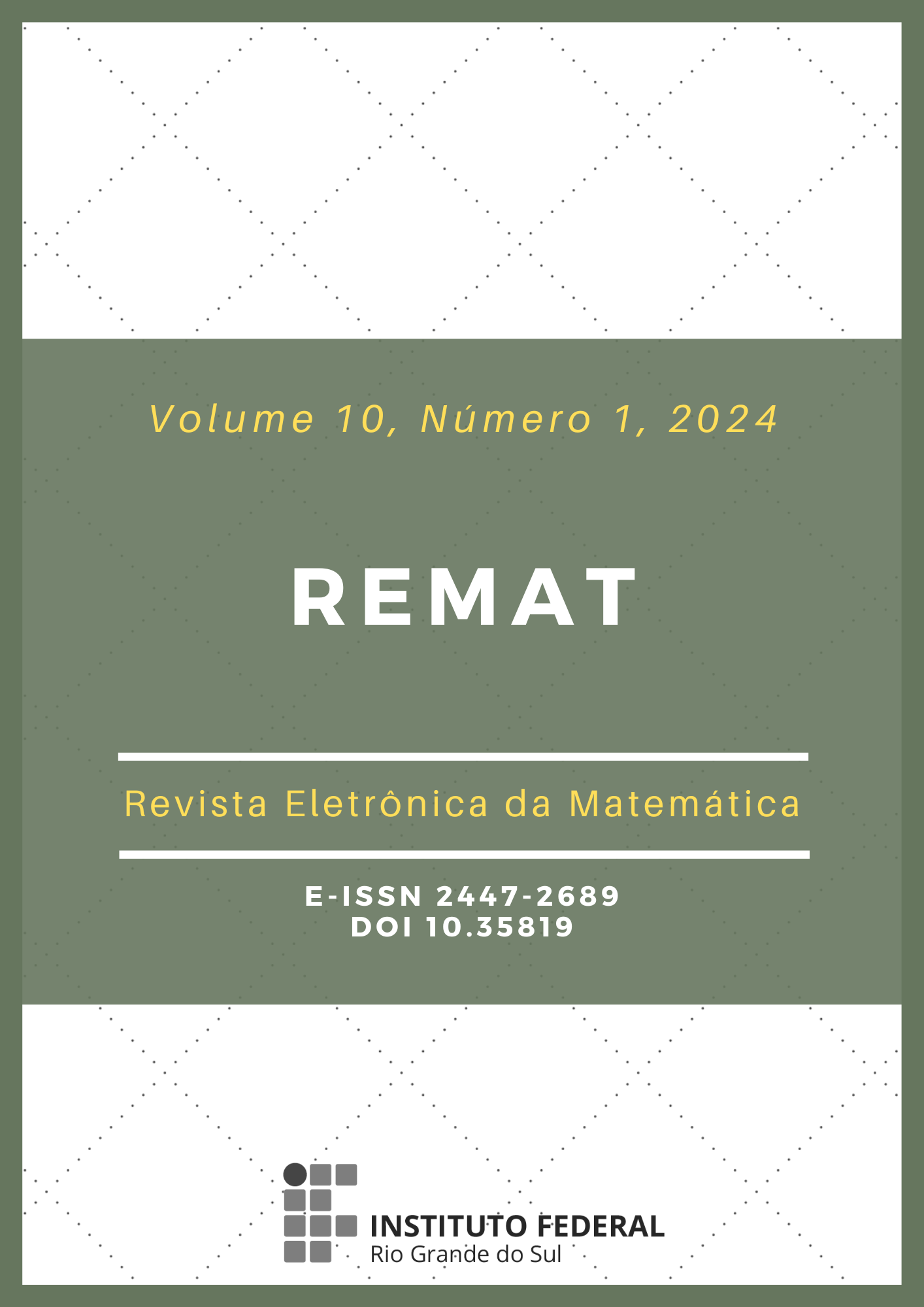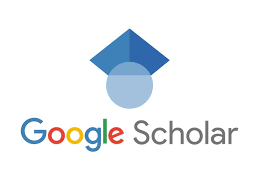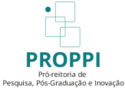Mathematical Literacy: the role of children’s literature in math classes in the final years of Elementary School
DOI:
https://doi.org/10.35819/remat2024v10i1id6909Keywords:
Mathematics Education, Mathematical Literacy, children's literature, final years of Elementary SchoolAbstract
This paper presents the results of a research that investigates the usage of children’s literature in math classes, considering a teaching proposal and its implementation in 8th and 9th grade classes of Elementary School. The research problem is conveyed by the following question: how can a teaching proposal combining Mathematics and Literature be constructed for students in the final years of Elementary School? Based in Smole et al. (2004), Soares (2009), and Machado’s (2003) theoretical support, we discuss the concept of mathematical literacy, moving it further from the results of implemented activities and raising issues based on homeland and international research and documentation. The analytical procedure carried out shows the power of the dialogue between Mathematics and Literature, which tends to contribute to the learning of mathematical knowledge covered by literary works. This is because it can be understood that integrating mathematical issues with children's literature is a possibility that Elementary School teachers have for developing broader teaching and learning processes that relate curricular and non-curricular matters.
Downloads
References
BRASIL. Base Nacional Comum Curricular: Educação Infantil e Ensino Fundamental. Brasília: MEC/Secretaria de Educação Básica, 2017. Disponível em: http://basenacionalcomum.mec.gov.br/abase. Acesso em: 5 fev. 2024.
CÂNDIDO, Patrícia. Comunicação em Matemática. In: SMOLE, Kátia Stocco; DINIZ, Maria Ignez (org.). Ler, escrever e resolver problemas: habilidades básicas para aprender matemática. Porto Alegre: Artmed Editora, 2001. p. 15-28.
COSSON, Rild. Círculos de leitura e letramento literário. São Paulo: Contexto, 2017.
FIORENTINI, Dario. Em busca de novos caminhos e de novos olhares na formação de professores de matemática. In: FIORENTINI, Dario. Formação de professores de matemática: explorando novos caminhos com outros olhares. Campinas: Mercado de Letras, 2003.
FONSECA, Maria da Conceição Ferreira Reis. Conceito(s) de numeramento e relações com o letramento. In: LOPES, Celi Espasandin; NACARATO, Adair Mendes (org.). Educação matemática, leitura e escrita: armadilhas, utopias e realidade. Campinas: Mercado das Letras, 2009. p. 47-60.
FONSECA, Maria da Conceição Ferreira Reis (org.). Letramento no Brasil: habilidades Matemáticas. São Paulo: Global, 2004.
HYPOLITO, Álvaro Moreira. BNCC, agenda global e formação docente. Revista Retratos da Escola, Brasília, v. 13, n. 25, p. 187-201, jan./maio 2019. DOI: https://doi.org/10.22420/rde.v13i25.995.
KNIJNIK, Gelsa; SILVA, Fabiana Boff de Souza da. “O problema são as fórmulas”: um estudo sobre os sentidos atribuídos à dificuldade em aprender matemática. Cadernos de Educação, Pelotas, n. 30, p. 63-78, jan./jun. 2008. Disponível em: https://periodicos.ufpel.edu.br/index.php/caduc/article/view/1758. Acesso em: 12 jun. 2024.
LORENZATO, Sergio. Para aprender matemática. 3 ed. São Paulo: Autores Associados, 2010.
LOUREIRO, Vanilda. Dificuldades na aprendizagem da Matemática: um estudo com alunos do Ensino Médio. Orientador: Valmecir Antonio dos Santos Bayer. 2014. 59 f. Dissertação (Mestrado Profissional em Matemática em Rede Nacional) ? Universidade Federal do Espírito Santo, Vitória, 2014. Disponível em: http://repositorio.ufes.br/handle/10/4821. Acesso em: 12 jun. 2024.
MACHADO, Ilma Ferreira. A organização do trabalho pedagógico em uma escola do MST e a perspectiva de formação Omnilateral. Orientador: Luiz Carlos de Freitas. 2003. 325f. Tese (Doutorado em Educação) – Universidade Estadual de Campinas, Campinas, 2003. DOI: https://doi.org/10.47749/T/UNICAMP.2003.283109.
MINAYO, Maria Cecília de Souza (org.). Pesquisa Social: Teoria, método e criatividade. 18. ed. Petrópolis: Vozes, 2001.
OECD. Pisa 2012 Assessment and Analytical Framework: Mathematics, Reading, Science, Problem Solving and Financial Literacy. OECD Publishing, 2013. DOI: http://dx.doi.org/10.1787/9789264190511-en.
PARANÁ. Diretrizes Curriculares da Educação Básica: Matemática. Curitiba: Secretaria de Estado da Educação do Paraná, Departamento de Educação Básica, 2008. Disponível em: https://www.educacao.pr.gov.br/Pagina/DCE-2008-2019. Acesso em: 30 maio 2024.
POWELL, Arthur Belford; LÓPEZ, Jairo Antônio. A escrita como veículo de aprendizagem da matemática: estudo de um caso. Boletim GEPEM, Rio de Janeiro, n. 33, p. 9-41, jun. 1995. Disponível em: https://periodicos.ufrrj.br/index.php/gepem/issue/view/46. Acesso em: 12 jun. 2024.
RAMOS, Luzia Faraco. O código polinômio. Ilustrações: Chris Eich. 1. ed. São Paulo: Ática 2007.
RAMOS, Luzia Faraco. O que fazer primeiro? Ilustrações: Marcelo Lelis. 18. ed. São Paulo: Ática, 2001a.
RAMOS, Luzia Faraco. O segredo dos números. Ilustrações: Robson Araújo. 13. ed. São Paulo: Ática, 2001b.
ROSA NETO, Ernesto. Em busca das coordenadas. Ilustrações: Robson Araújo. 11. ed. São Paulo: Ática 2001.
ROSA NETO, Ernesto. Geometria na Amazônia. Ilustrações: Marcelo Lelis. 10. ed. São Paulo: Ática 2002.
SANTOS, Sandra. Explorações da linguagem escrita nas aulas de Matemática. In: NACARATO, Adair Mendes; LOPES, Celi Aparecida Espasandin (org.). Escrituras e leituras na Educação Matemática. Belo Horizonte: Autêntica, 2005. p.127-142.
SARAIVA, Juracy Assmann. Literatura e alfabetização: do plano do choro ao plano da ação. Porto Alegre: Artes Médicas, 2001.
SMOLE, Katia Cristina Stocco; ROCHA, Glauce H. R.; CÂNDIDO, Patrícia T.; STANCANELLI, Renata. Era uma vez na matemática: uma conexão com a literatura infantil. 5. ed. São Paulo: CAEM-IME/USP, 2004. v. 4.
SOARES, Magda. Becker. Letramento: um tema em três gêneros. 3. ed. Belo Horizonte: Autêntica, 2009.
SOUZA, Ana Paula de; OLIVEIRA, Rosa Maria. Articulação entre literatura infantil e matemática: intervenções docentes. BOLEMA, Rio Claro, v. 23, n. 37, p. 955-975, dez. 2010. Disponível em: https://www.periodicos.rc.biblioteca.unesp.br/index.php/bolema/article/view/4301. Acesso em: 12 jun. 2024.
TRIPP, David. Pesquisa-ação: uma introdução metodológica. Tradução: Lólio Lourenço de Oliveira. Educação e Pesquisa, São Paulo, v. 31, n. 3, p. 443-466, set./dez. 2005. DOI: https://doi.org/10.1590/S1517-97022005000300009.
ZEICHNER, Kenneth, DINIZ-PEREIRA, Júlio Emílio. Pesquisa dos educadores e formação docente voltada para a transformação social. Cadernos de Pesquisa, São Paulo, v. 35, n. 125, p. 63-80, maio 2005. DOI: https://doi.org/10.1590/S0100-15742005000200005.
Downloads
Published
Issue
Section
License
Copyright (c) 2024 REMAT: Revista Eletrônica da Matemática

This work is licensed under a Creative Commons Attribution 4.0 International License.
REMAT retains the copyright of published articles, having the right to first publication of the work, mention of first publication in the journal in other published media and distribution of parts or of the work as a whole in order to promote the magazine.
This is an open access journal, which means that all content is available free of charge, at no cost to the user or his institution. Users are permitted to read, download, copy, distribute, print, search or link the full texts of the articles, or use them for any other legal purpose, without requesting prior permission from the magazine or the author. This statement is in accordance with the BOAI definition of open access.













 https://orcid.org/0000-0002-0893-7426
https://orcid.org/0000-0002-0893-7426


















